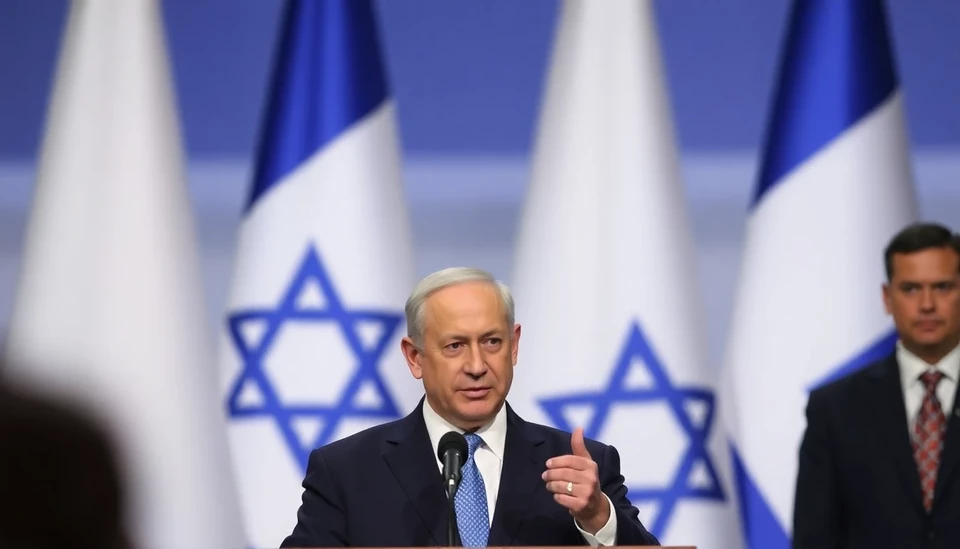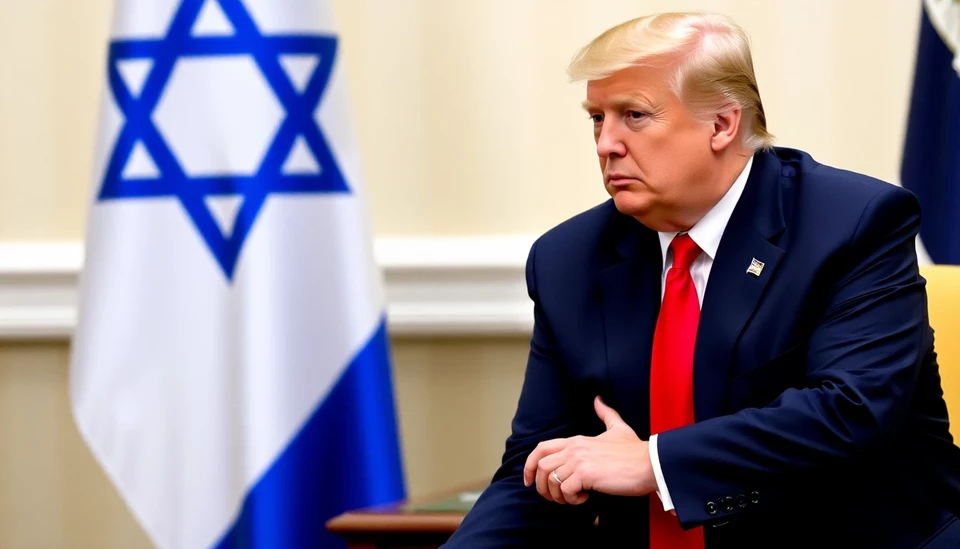
Israel's financial landscape is seeing a noteworthy shift as the government unveiled its budget for 2025. The budget prioritizes military expenditure at the expense of economic growth initiatives, raising concerns among analysts and citizens alike regarding the long-term implications of such a financial strategy.
According to the proposed budget plan, military spending will increase dramatically, reflecting ongoing security concerns that the nation faces. This decision comes amid ongoing tensions in the region and is likely aimed at bolstering the country's defense capabilities. However, the shift towards military expenditure has led to a decrease in allocations for growth initiatives, sparking debates among policymakers about the balance between defense and economic development.
Finance Minister Bezalel Smotrich articulated that the budget aims to ensure Israel’s defense readiness in a volatile geopolitical climate. He emphasized the importance of equipping the Israel Defense Forces (IDF) with advanced technology and resources necessary for national security. The approach underscores a prioritization of immediate security needs over long-term economic growth, which experts warn could result in detrimental effects on the nation’s economy.
Critics of the budget have raised concerns about the ramifications of underfunding sectors essential for economic growth, such as education, education technology, infrastructure development, and healthcare. These areas are crucial for fostering innovation and sustainability within the economy. By reallocating funds away from these sectors, detractors argue that Israel risks stifling its potential for long-term prosperity and competitiveness on a global scale.
The budget's implications extend beyond domestic concerns, potentially affecting Israel’s international relationships. Analysts suggest that foreign investors could view the emphasis on military spending as a signal of instability, which may deter investment in other avenues of business and economic development. In a world increasingly driven by technology and innovation, a lack of focus on growth could place Israel at a disadvantage in the global market.
As the government prepares for debates in the Knesset (Israel's parliament) over the budget, calls for a reassessment of priorities are becoming louder. Stakeholders from various sectors, including business leaders, educators, and healthcare professionals, are urging the government to reconsider the ramifications of a budget heavily skewed toward military spending.
In conclusion, Israel's 2025 budget reflects a critical juncture for the nation, balancing immediate security demands with the need for sustainable economic growth. The unfolding discussions and potential revisions will be essential in shaping Israel's future as it navigates a complex regional landscape whilst ensuring economic viability.
As the debate continues, it is clear that the choices made in this budget will have lasting effects, not only on the present state of Israel's economy but also on its future trajectories in the face of evolving challenges.
#Israel #2025Budget #MilitarySpending #EconomicGrowth #NationalSecurity #IDF #KnessetDebate #Geopolitics
Author: Rachel Greene




